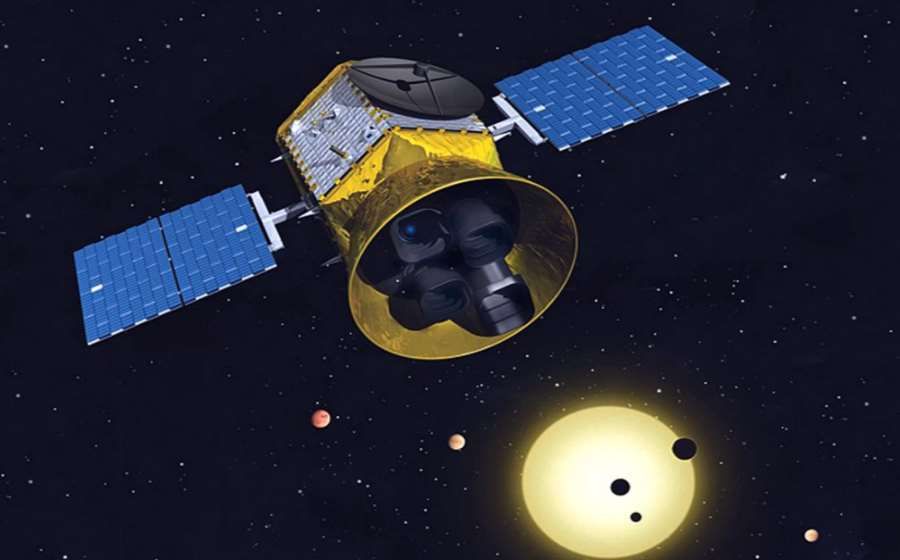
Tonight’s scheduled launch of the TESS mission, which will search for exoplanets
The TESS telescope, which will be used to search for extrasolar planets, is scheduled to be launched into space tonight. The telescope will fly into space on top of a Falcon 9 rocket from Elon Musk’s company SpaceX. The broadcast of the launch will be available to watch live.
The rocket is scheduled to launch at 0:32 a.m. from Cape Canaveral, but transmission will begin as early as ponorth. The launch can be watched thanks to NASA TV. Meteorologists predict 80 percent. a chance of favorable weather for the launch.
Falcon 9 rocket, ktora will take TESS into space, or more precisely, its first member, is to land after liftoff on the OCISLY platform in the Atlantic and be reused in future missions. SpaceX has roalso hope to recover the payload fairing, but not with a boat named Mr. Steven, but it is to be fished out of the ocean.
GloThe main goal of the TESS (Transiting Exoplanet Survey Satellite) mission is to search for and study exoplanets. The telescope is expected to focus on the search for extrasolar planets around theoł stars relatively close to the Sun. The telescope is to be eventually in a high elliptical Earth orbit with a planetary orbital period of 13.7 days.
The TESS mission is expected to last two years and scientists estimate that during its duration they will find thousands of new exoplanets. Researchers hope that someore of them will be close enough to Earth to be studied in depth by available instruments.
As NASA writes on its website, TESS is the next step in the search for planets beyond our solar system, including those thatore can support life. The telescope will look for a periodic decrease in the brightness of the 200,000 brightest stars near the Sun. This method of searching for extrasolar planets is called the transit method.
NASA scientists expect that the sprod planets found, about 300 will be Earth-sized. TESS is the successor to the retiring Kepler Space Telescope. It will observe an area 400 times larger than itsoj predecessor.
TESS will be strictly co-ohe worked with other telescopes. The most promising exoplanets orbiting around theoł nearest and brightest stars, giving future researchers a rich set of new targetsow for more comprehensive follow-up studies.


